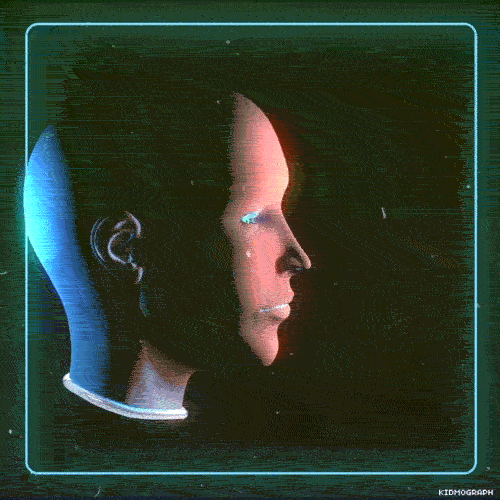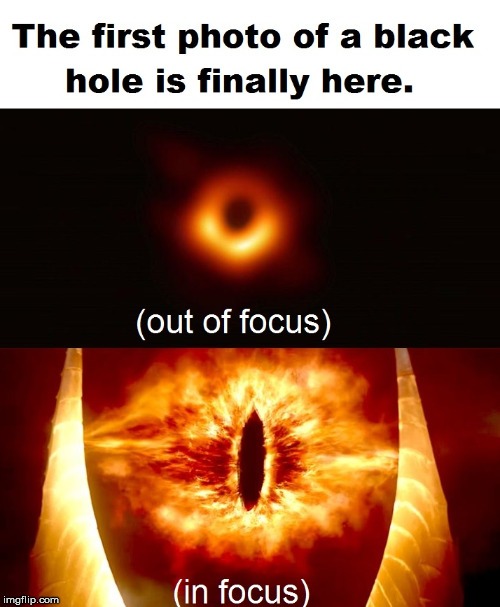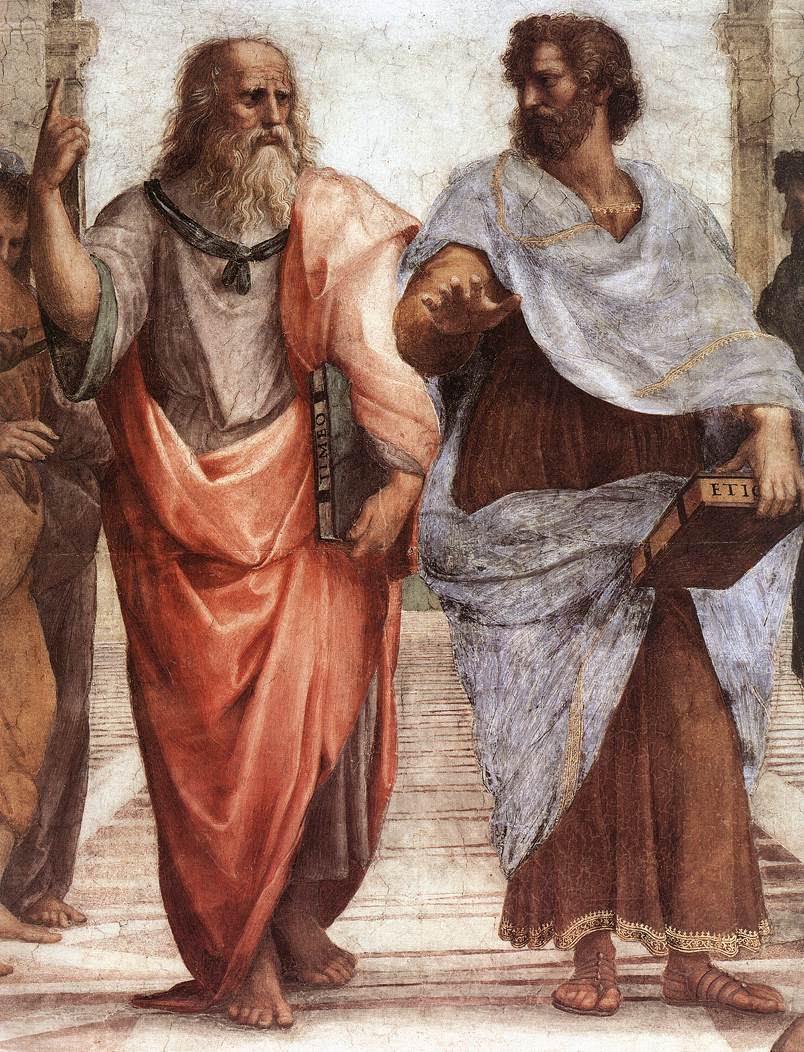Page 167
The speech of Jules Favre is reported to have lasted an hour and a half, and to have held the judges and the public spellbound by its eloquence. We who have heard Jules Favre believe it most readily; only the statement embodied in the last sentence of his argument was unfortunately premature and erroneous at the same time. “We are in the presence of a phenomenon which science admits without attempting to explain. The public may smile at it, but our most illustrious physicians regard it with gravity. Justice can no longer ignore what science has acknowledged!”
Were this sweeping declaration based upon fact and had mesmerism been impartially investigated by many instead of a few true men of science, more desirous of questioning nature than mere expediency, the public would never smile. The public is a docile and pious child, and readily goes whither the nurse leads it. It chooses its idols and fetishes, and worships them in proportion to the noise they make; and then turns round with a timid look of adulation to see whether the nurse, old Mrs. Public Opinion, is satisfied.
Lactantius, the old Christian father, is said to have remarked that no skeptic in his days would have dared to maintain before a magician that the soul did not survive the body, but died together with it; “for he would refute them on the spot by calling up the souls of the dead, rendering them visible to human eyes, and making them foretell future events.” So with the magistrates and bench in Madame Roger’s case. Baron Du Potet was there, and they were afraid to see him mesmerize the somnambulist, and so force them not only to believe in the phenomenon, but to acknowledge it — which was far worse.
And now to the doctrine of Paracelsus. His incomprehensible, though lively style must be read like the biblio-rolls of Ezekiel, “within and without.” The peril of propounding heterodox theories was great in those days; the Church was powerful, and sorcerers were burnt by the dozens. For this reason, we find Paracelsus, Agrippa, and Eugenius Philalethes as notable for their pious declarations as they were famous for their achievements in alchemy and magic. The full views of Paracelsus on the occult properties of the magnet are explained partially in his famous book, Archidaxarum, in which he describes the wonderful tinct-
Page 168
ure, a medicine extracted from the magnet and called Magisterium Magnetis, and partially in the De Ente Dei, and De Ente Astrorum, Lib. I. But the explanations are all given in a diction unintelligible to the profane. “Every peasant sees,” said he, “that a magnet will attract iron, but a wise man must inquire for himself. . . . I have discovered that the magnet, besides this visible power, that of attracting iron, possesses another and concealed power.”
He demonstrates further that in man lies hidden a “sidereal force,” which is that emanation from the stars and celestial bodies of which the spiritual form of man — the astral spirit — is composed. This identity of essence, which we may term the spirit of cometary matter, always stands in direct relation with the stars from which it was drawn, and thus there exists a mutual attraction between the two, both being magnets. The identical composition of the earth and all other planetary bodies and man’s terrestrial body was a fundamental idea in his philosophy. “The body comes from the elements, the [astral] spirit from the stars. . . . Man eats and drinks of the elements, for the sustenance of his blood and flesh; from the stars are the intellect and thoughts sustained in his spirit.” The spectroscope has made good his theory as to the identical composition of man and stars; the physicists now lecture to their classes upon the magnetic attractions of the sun and planets.
Of the substances known to compose the body of man, there have been discovered in the stars already, hydrogen, sodium, calcium, magnesium and iron. In all the stars observed, numbering many hundreds, hydrogen was found, except in two. Now, if we recollect how they have deprecated Paracelsus and his theory of man and the stars being composed of like substances; how ridiculed he was by astronomers and physicists, for his ideas of chemical affinity and attraction between the two; and then realize that the spectroscope has vindicated one of his assertions at least, is it so absurd to prophesy that in time all the rest of his theories will be substantiated?

Moe is the founder of GnosticWarrior.com. He is a father, husband, author, martial arts black belt, and an expert in Gnosticism, the occult, and esotericism.





